Reading the Landscape of Ezekiel 40-48: A Theology of Resilience
Reading the Landscape of Ezekiel 40-48: A Theology of Resilience
The Daughter’s Resistance: Lamentations and Theodicy
The Daughter’s Resistance: Lamentations and Theodicy
Hebrew Philology, Hebrew Lexicography
Hebrew Philology, Hebrew Lexicography
The Book of Judges: Ecopsychological Readings
The Book of Judges: Ecopsychological Readings
Empires Fall, Yhwh Reigns: Concluding Performance Readings in Jeremiah
Empires Fall, Yhwh Reigns: Concluding Performance Readings in Jeremiah
Productive and Disordered Bodies: Judges 19–21 as a Somatic Society
Examining pre-monarchic Israelite society—as seen in Judges 19–21—M.L. Case focuses on the depiction of bodies as both productive bodies which are useful for society and as disordered bodies that contribute to social breakdown. Written as an idealized example of ancient Israelite pre-monarchic society, Judges 19–21 relates the story of the rape and death of the Levite’s wife (pîlegeš), the subsequent civil war, and the attempts of the Israelite factions to reconcile at the end of the conflict. In her examination of the pericope, Case examines how female and male bodies are portrayed and how their regulation functions in this society.
Case uses social-scientific theories outlining the importance of bodies to social organization, particularly Bryan Turner’s concept of a somatic society. The resulting interpretation argues that this story describes an ideal scenario of the success of Israelite society in overcoming their inter-tribal conflict without a king. This sits in divergence to scholars who have viewed Judges 19–21 as a story which points toward the unavoidable rise of the monarchy— interpretation on these chapters as a whole has typically focused on the apparent social disorder in the period before the monarchy which they are claimed to portray, a decline from which only the establishment of the (Davidic) monarchy can rescue the Israelites.
Instead, this monograph proposes that the exchange of women in Judges 21 makes it possible for the Benjaminite War to end in peace. The society depicted in this pericope depends on the proper control of bodies, both male and female: improper regulation, such as the lack of hospitality for a foreign body, occasions social disorder, while correct regulation of bodies, such as providing hospitality to foreign bodies or limiting who has sexual access to female bodies, results in social harmony. The exchanged women’s bodies, then, critically serve as both the means and location for rapprochement.
Productive and Disordered Bodies: Judges 19–21 as a Somatic Society
Examining pre-monarchic Israelite society—as seen in Judges 19–21—M.L. Case focuses on the depiction of bodies as both productive bodies which are useful for society and as disordered bodies that contribute to social breakdown. Written as an idealized example of ancient Israelite pre-monarchic society, Judges 19–21 relates the story of the rape and death of the Levite’s wife (pîlegeš), the subsequent civil war, and the attempts of the Israelite factions to reconcile at the end of the conflict. In her examination of the pericope, Case examines how female and male bodies are portrayed and how their regulation functions in this society.
Case uses social-scientific theories outlining the importance of bodies to social organization, particularly Bryan Turner’s concept of a somatic society. The resulting interpretation argues that this story describes an ideal scenario of the success of Israelite society in overcoming their inter-tribal conflict without a king. This sits in divergence to scholars who have viewed Judges 19–21 as a story which points toward the unavoidable rise of the monarchy— interpretation on these chapters as a whole has typically focused on the apparent social disorder in the period before the monarchy which they are claimed to portray, a decline from which only the establishment of the (Davidic) monarchy can rescue the Israelites.
Instead, this monograph proposes that the exchange of women in Judges 21 makes it possible for the Benjaminite War to end in peace. The society depicted in this pericope depends on the proper control of bodies, both male and female: improper regulation, such as the lack of hospitality for a foreign body, occasions social disorder, while correct regulation of bodies, such as providing hospitality to foreign bodies or limiting who has sexual access to female bodies, results in social harmony. The exchanged women’s bodies, then, critically serve as both the means and location for rapprochement.
The Woman of Courage: A Womanist Reading of Proverbs 31
The Woman of Courage: A Womanist Reading of Proverbs 31
Irony in the Divine Response to Job
The interrogation by Scott Xu of the ironic motifs in the divine response to Job offers a new understanding of the Book of Job’s questions surrounding suffering. Xu offers a thorough investigation and analysis of the different levels and aspects of irony in Job, particularly in the closing chapters (Job 38–42). The use of irony, Xu proposes, is designed to respond to the key issue in Job that has plagued readers and scholars over the ages, namely that of innocent suffering.
Prior to this monograph, there has been no in-depth study of irony, beyond at a verbal level; nor had the book’s theological concerns—in relation to irony—been sufficiently addressed. Nearly a century of Joban scholarship on irony demonstrates a growing literary appreciation of the book of Job, but leaves much to be desired such as methodological uniformity. A survey of previous studies on irony in the book of Job is conducted and critical gaps are identified. A sophisticated framework of irony is established and then applied to the divine speeches and the Epilogue.
The result of this analysis is the discovery that the Book of Job can be understood as suggesting that an innocent sufferer can have a positive understanding of their suffering as well as of their relation with the divine. Fundamental to this interpretation is the revelation of a God who responds to the issue of innocent suffering in ingenious ways, whose pride cannot be threatened, but who nevertheless identifies with the human situation and is even capable of self-irony. In conclusion, the completed interpretive lens that is offered enables the reader to see irony itself as the divine response to the issue of innocent suffering.
Irony in the Divine Response to Job
The interrogation by Scott Xu of the ironic motifs in the divine response to Job offers a new understanding of the Book of Job’s questions surrounding suffering. Xu offers a thorough investigation and analysis of the different levels and aspects of irony in Job, particularly in the closing chapters (Job 38–42). The use of irony, Xu proposes, is designed to respond to the key issue in Job that has plagued readers and scholars over the ages, namely that of innocent suffering.
Prior to this monograph, there has been no in-depth study of irony, beyond at a verbal level; nor had the book’s theological concerns—in relation to irony—been sufficiently addressed. Nearly a century of Joban scholarship on irony demonstrates a growing literary appreciation of the book of Job, but leaves much to be desired such as methodological uniformity. A survey of previous studies on irony in the book of Job is conducted and critical gaps are identified. A sophisticated framework of irony is established and then applied to the divine speeches and the Epilogue.
The result of this analysis is the discovery that the Book of Job can be understood as suggesting that an innocent sufferer can have a positive understanding of their suffering as well as of their relation with the divine. Fundamental to this interpretation is the revelation of a God who responds to the issue of innocent suffering in ingenious ways, whose pride cannot be threatened, but who nevertheless identifies with the human situation and is even capable of self-irony. In conclusion, the completed interpretive lens that is offered enables the reader to see irony itself as the divine response to the issue of innocent suffering.

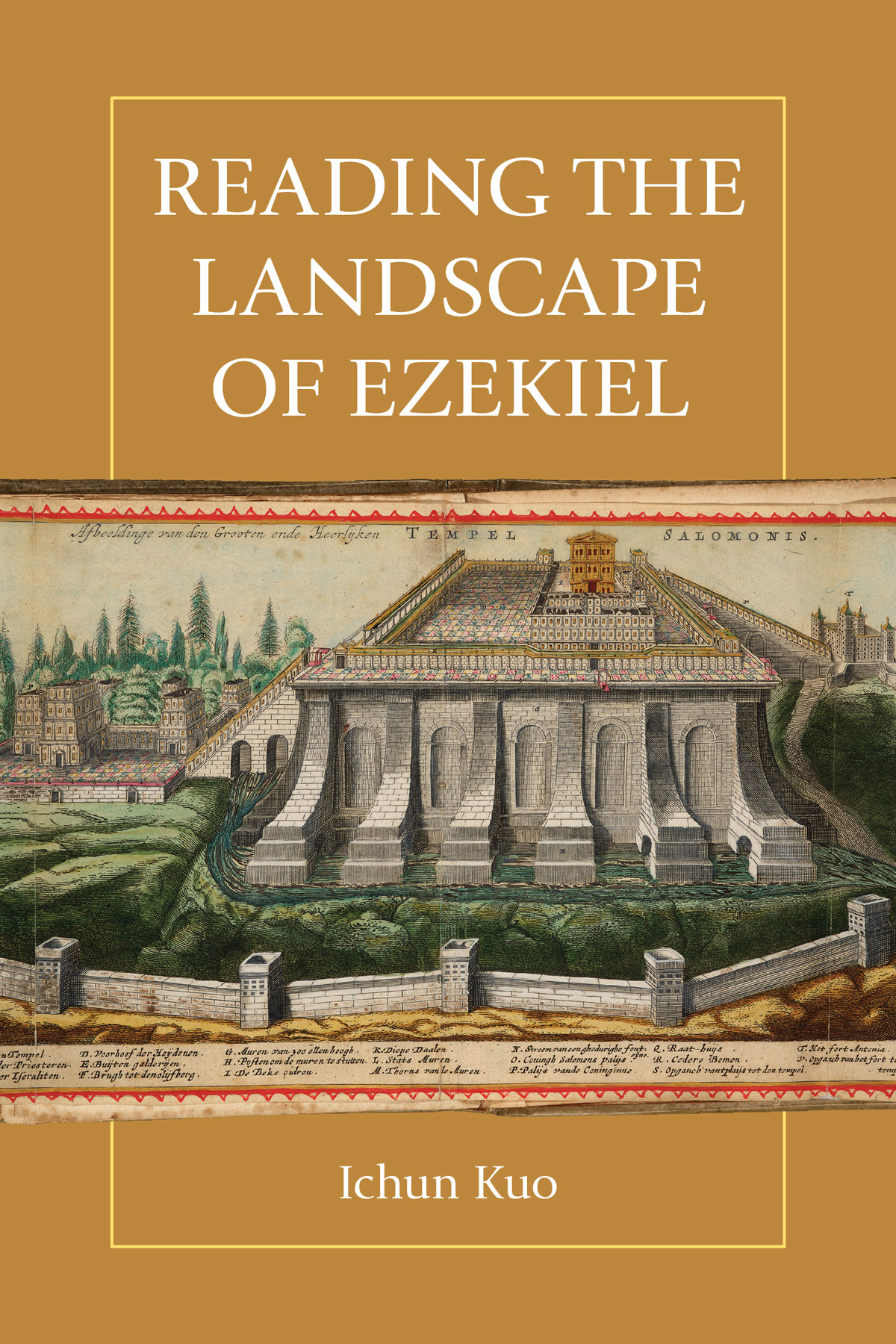
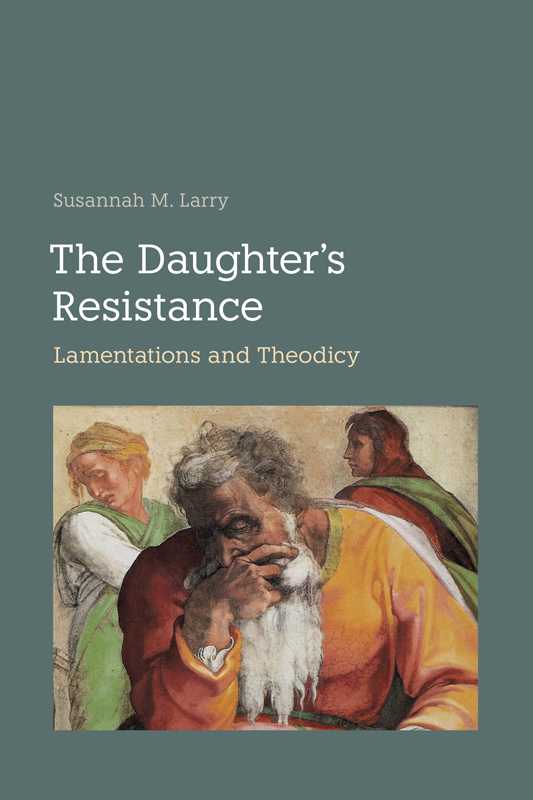
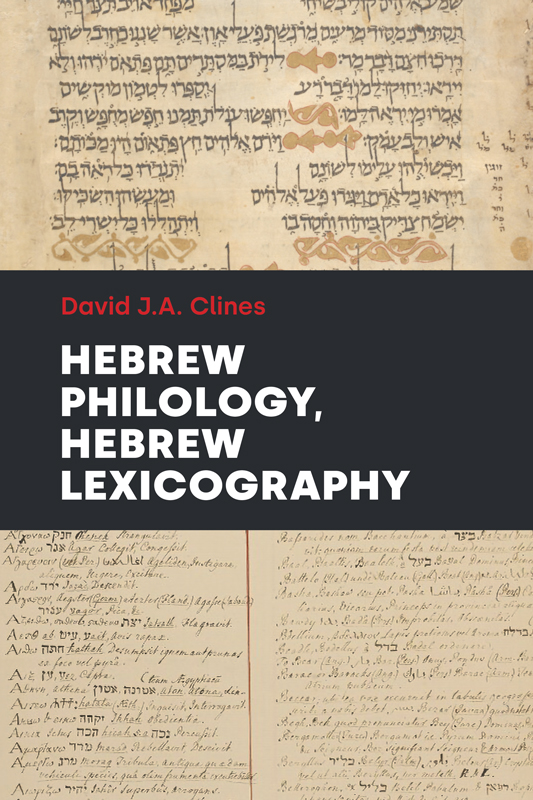
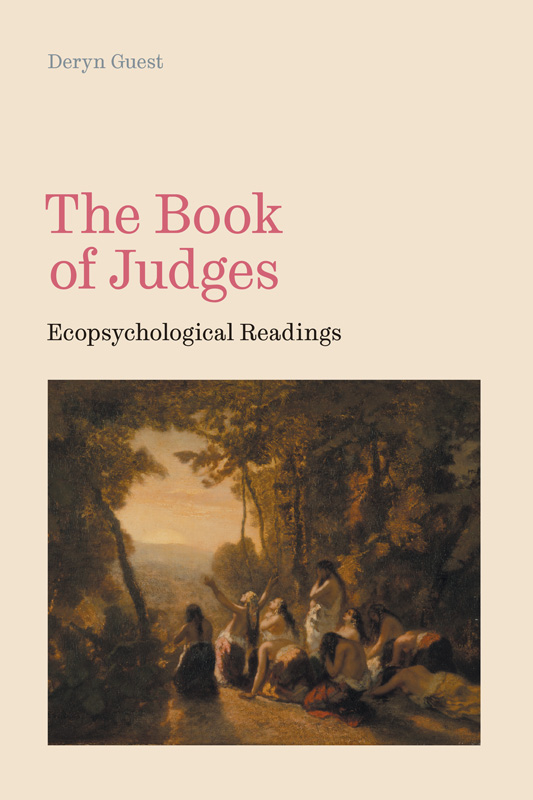
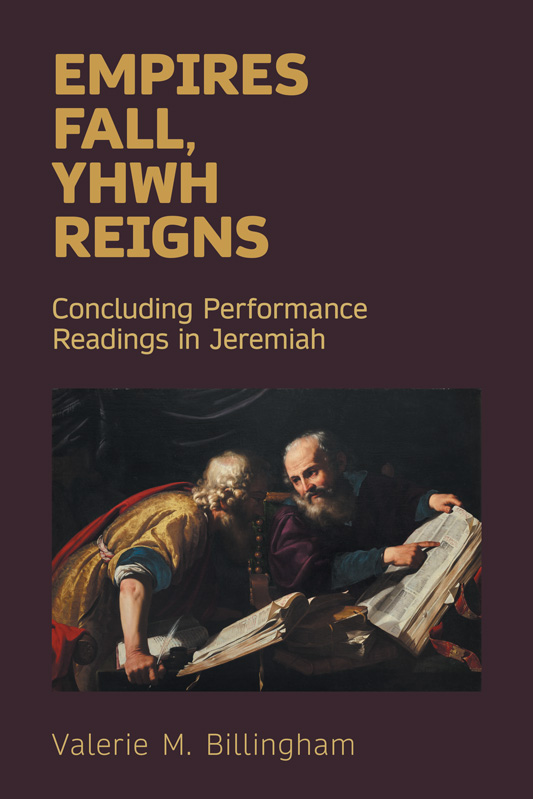
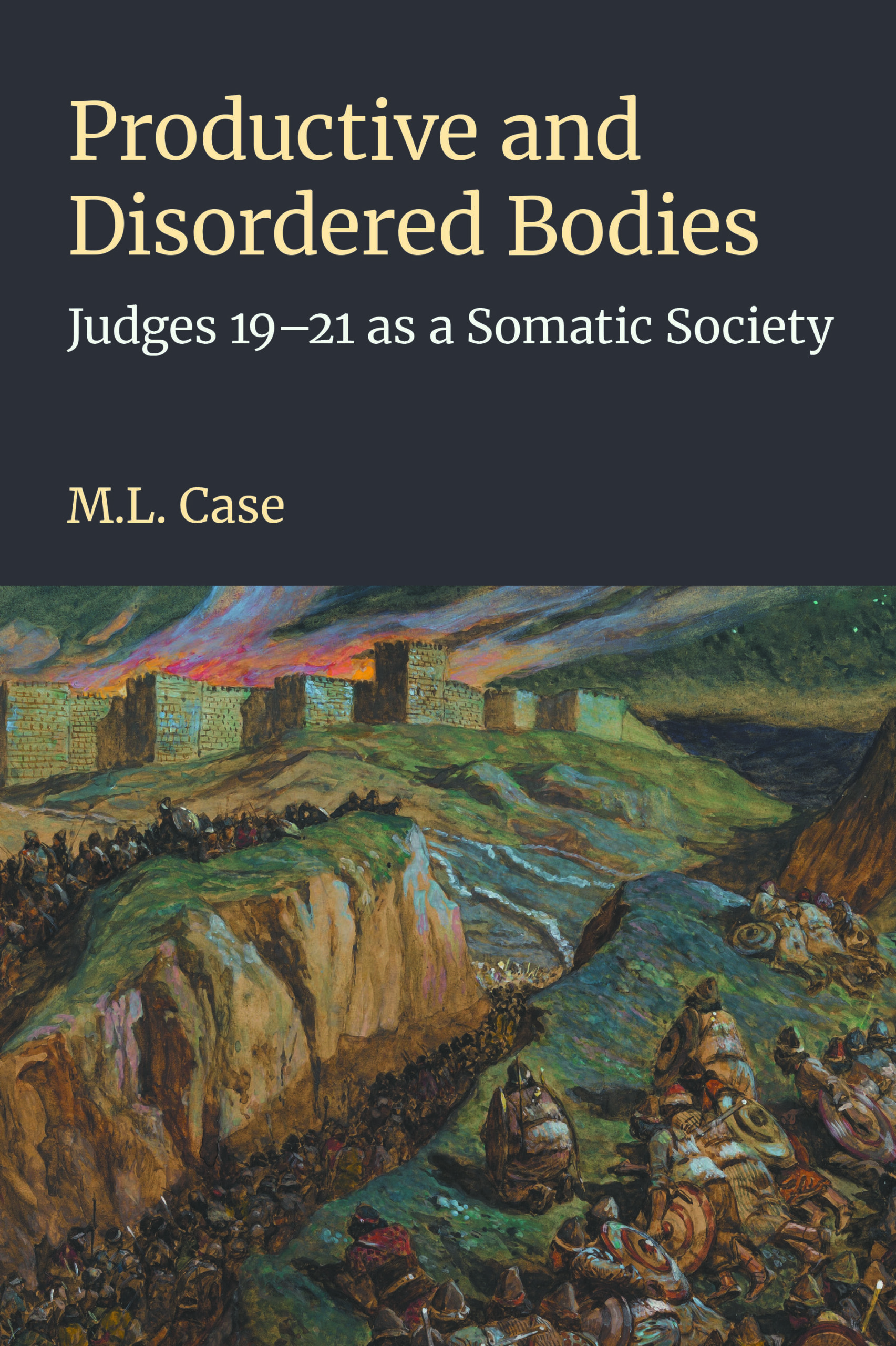
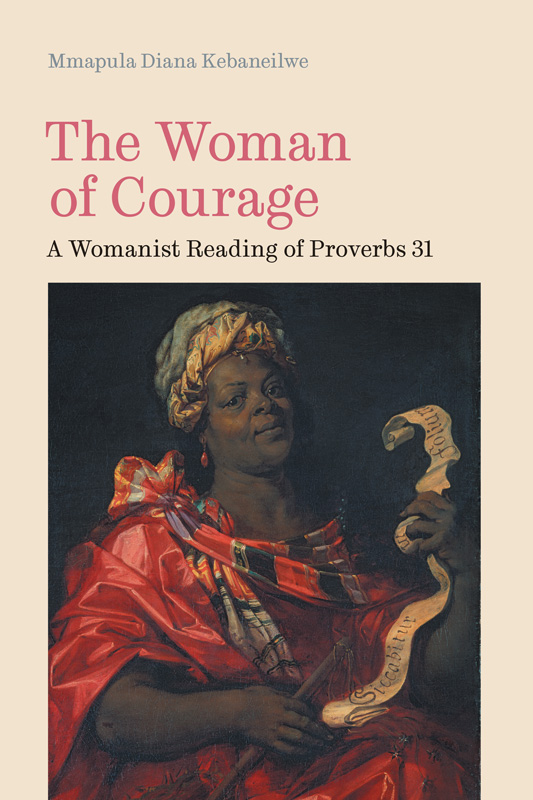
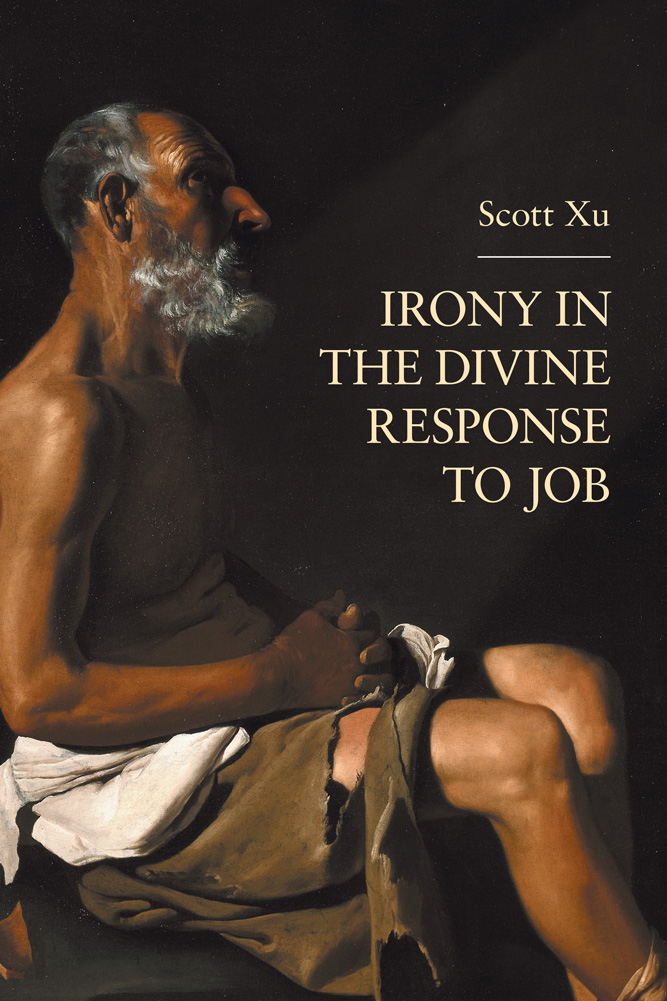

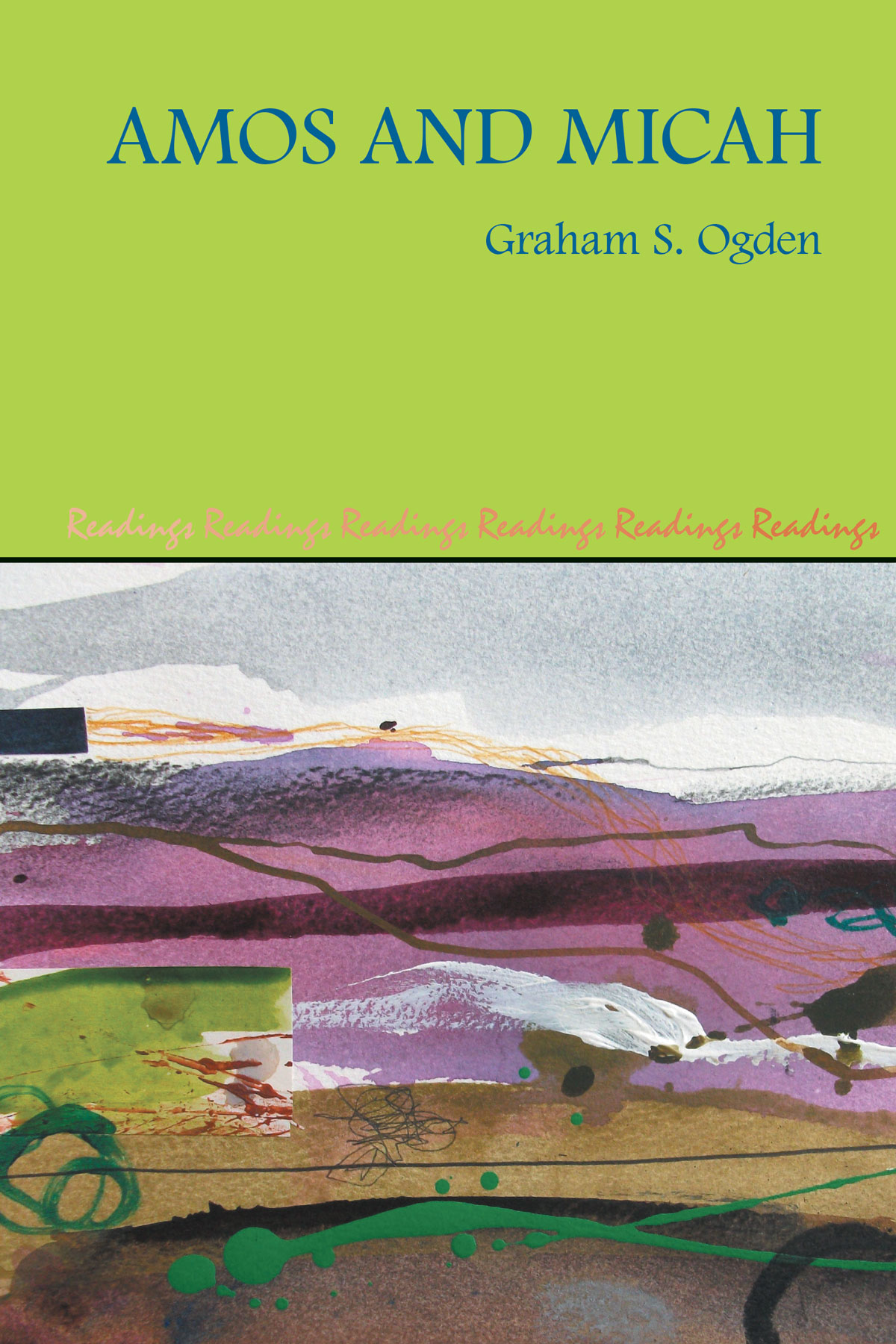



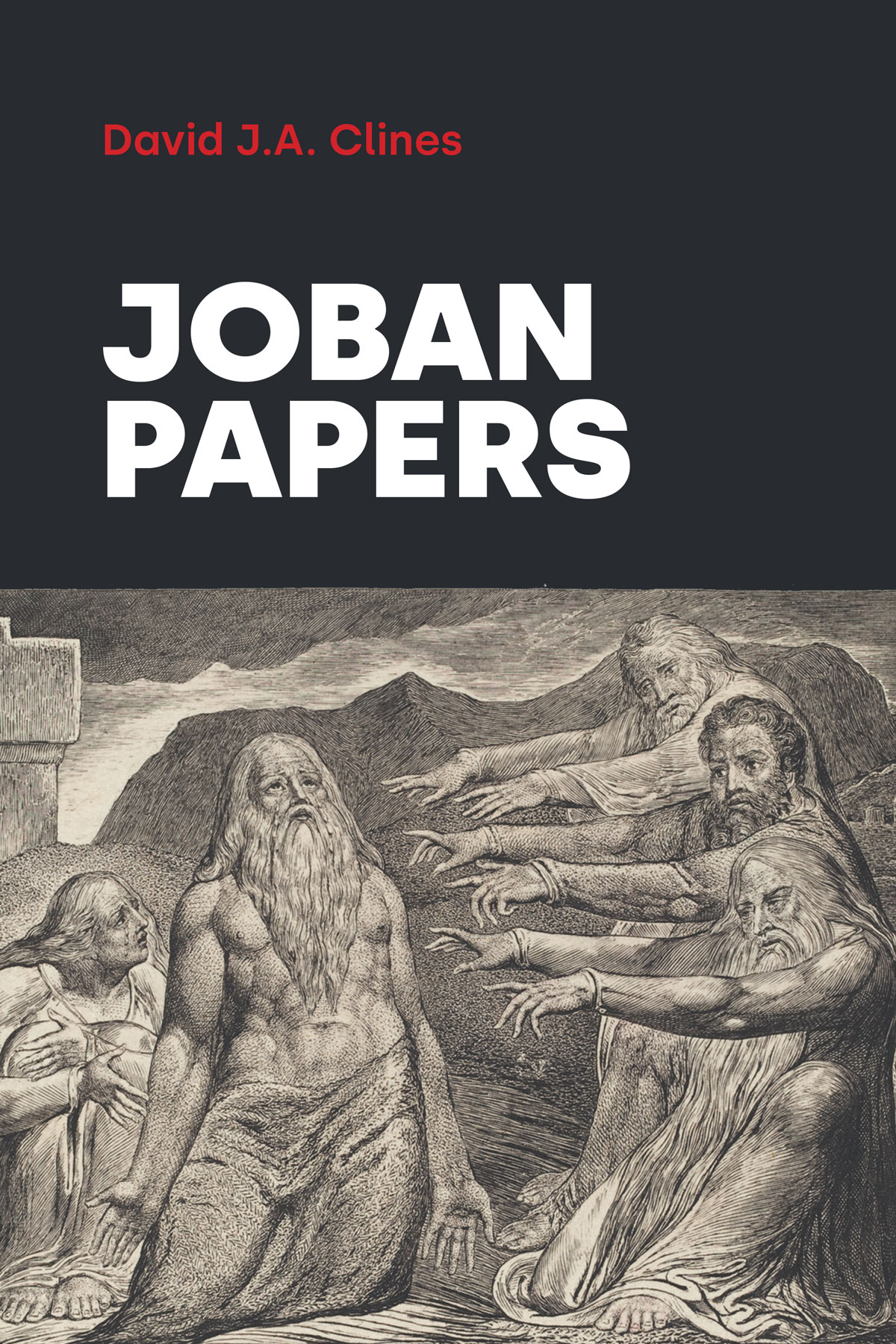
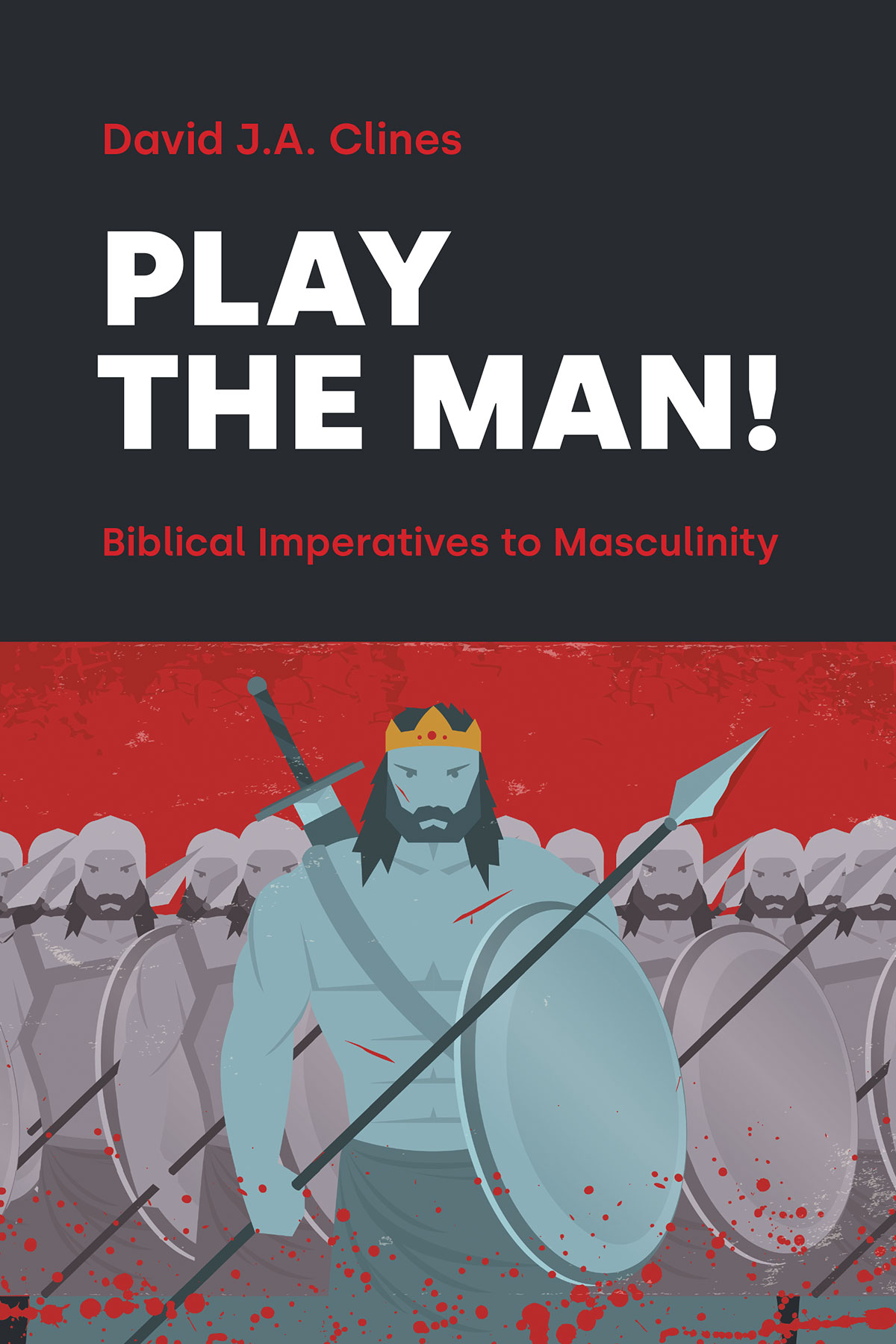
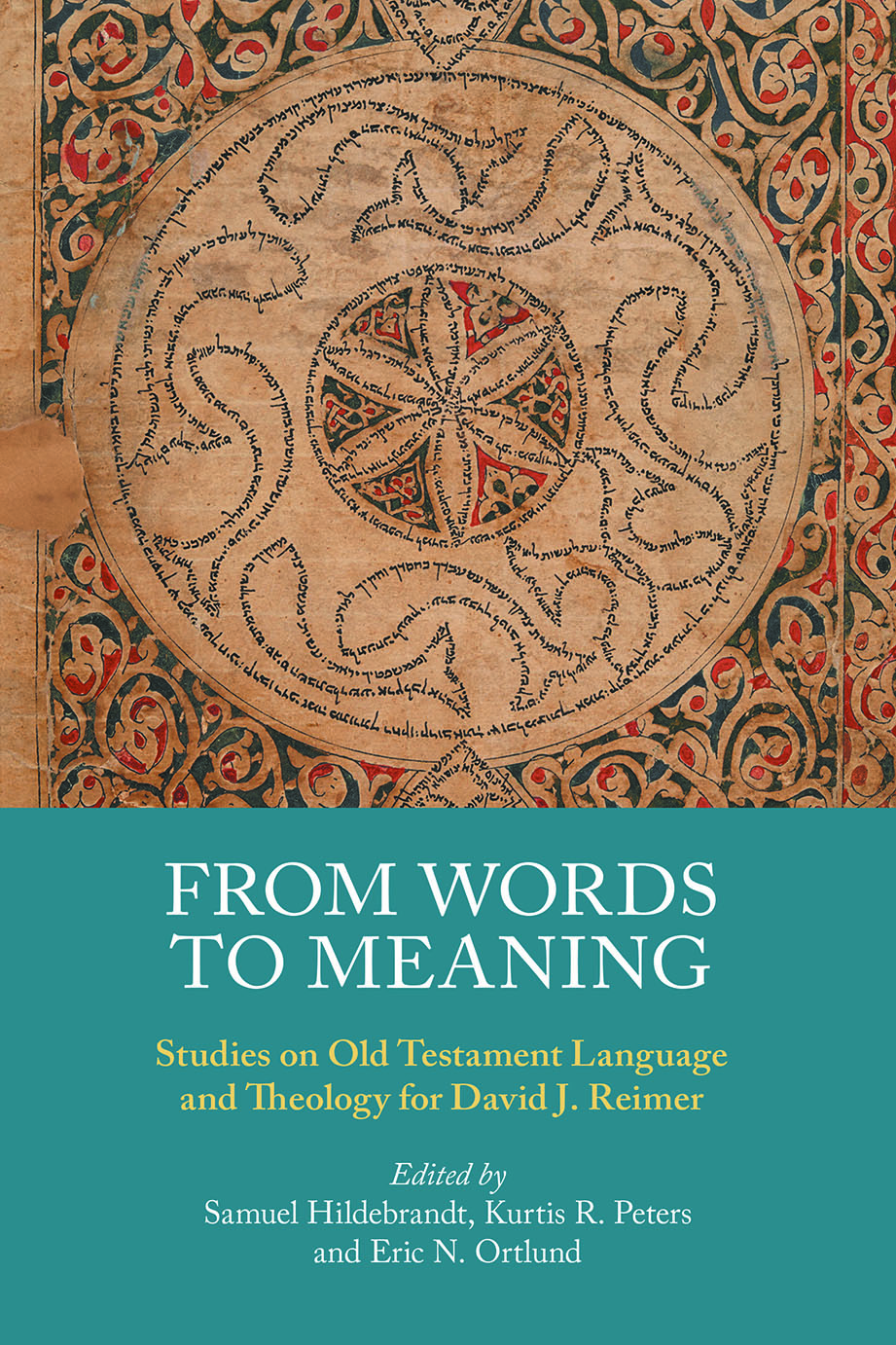
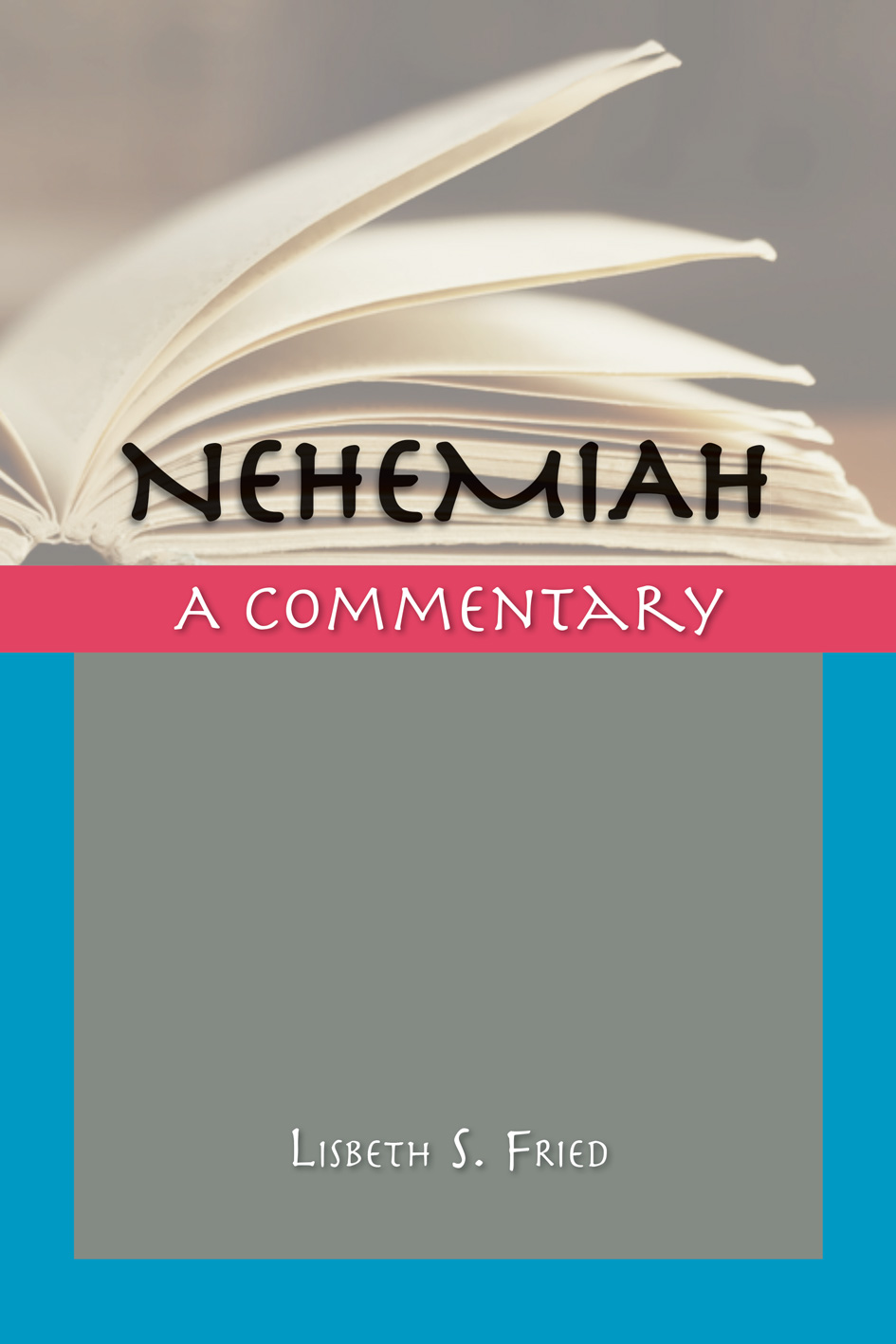
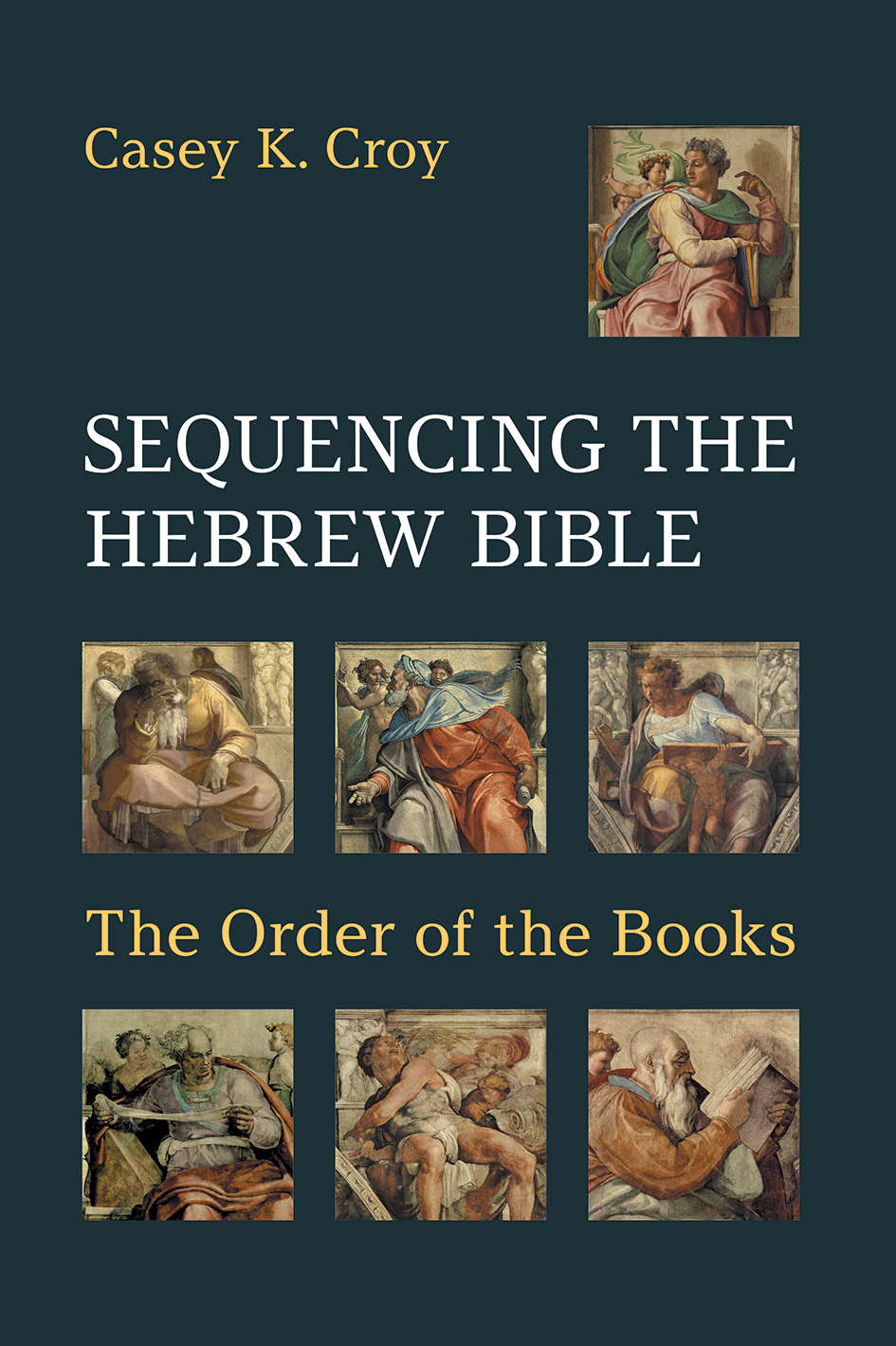
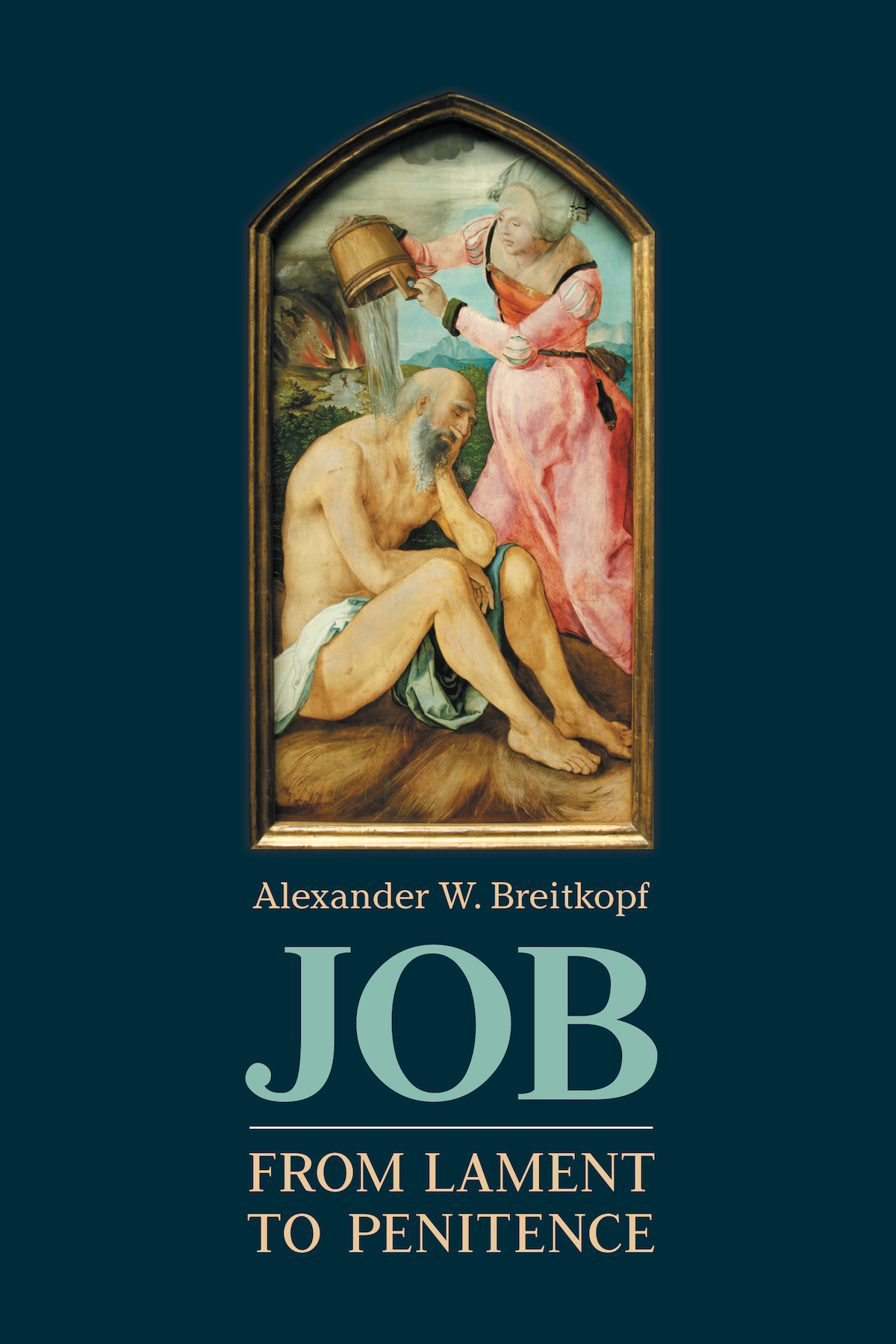
Nahum: A Trauma for a Trauma
Nahum: A Trauma for a Trauma